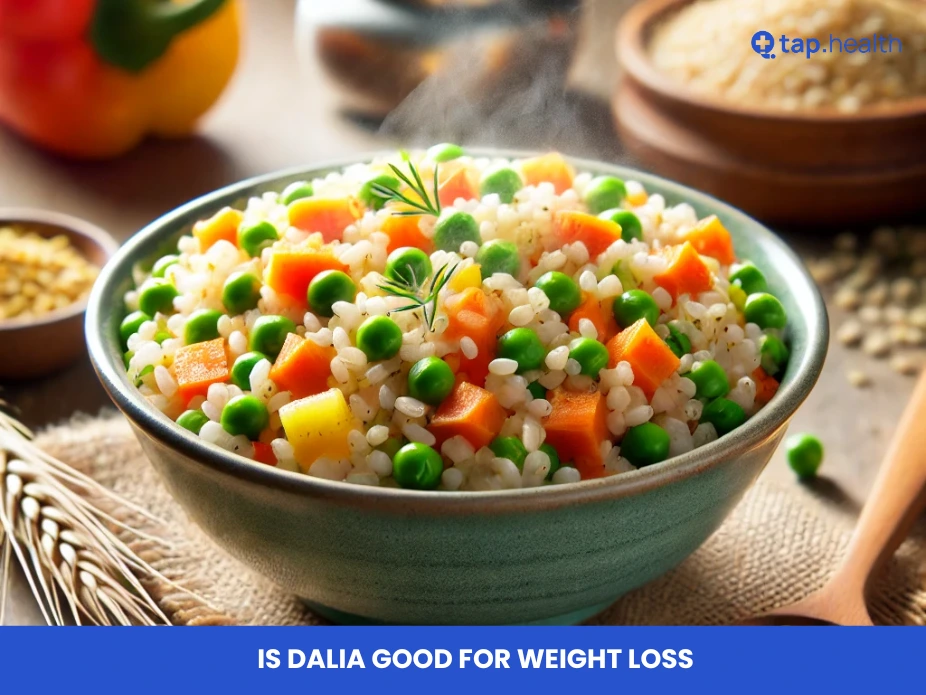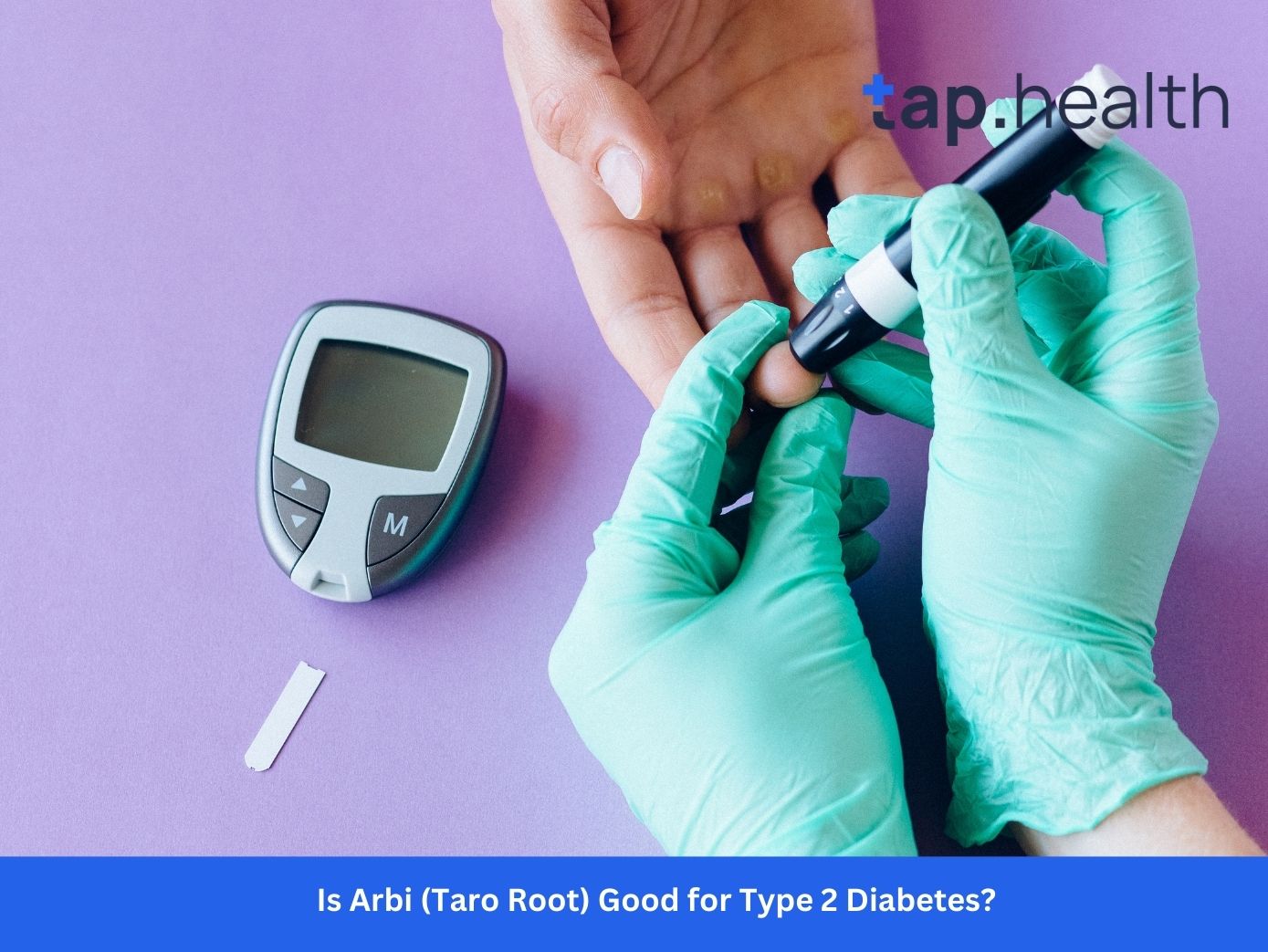Keeping your muscles and joints healthy is essential for an active and pain-free life. While regular exercise and maintaining a healthy weight are important, what you eat plays a crucial role in reducing inflammation and supporting muscle and joint health. Incorporating muscle joint-friendly foods to reduce inflammation into your diet can help alleviate pain, enhance mobility, and improve overall well-being. In this blog, we’ll explore the best anti-inflammatory foods, share real-life scenarios, expert insights, and provide easy-to-follow recommendations backed by research. Let’s get started!
Why Your Diet Matters for Muscle and Joint Health
Inflammation is the body’s natural response to injury or infection, but chronic inflammation can lead to pain, stiffness, and various health issues, including arthritis and muscle soreness. A diet rich in anti-inflammatory foods can help manage and reduce chronic inflammation, promoting healthier muscles and joints. By choosing the right foods, you can support your body’s healing processes and maintain an active lifestyle.
Key Nutrients for Reducing Inflammation
- Omega-3 Fatty Acids: Reduce inflammation and support joint health.
- Antioxidants: Protect cells from damage caused by free radicals.
- Vitamin C: Essential for collagen production and immune function.
- Vitamin E: Acts as an antioxidant to protect cells.
- Polyphenols: Compounds found in plants that have anti-inflammatory properties.
- Fiber: Helps reduce inflammation by promoting a healthy gut microbiome.
- Magnesium: Supports muscle function and reduces muscle cramps.
Top Muscle Joint-Friendly Foods to Reduce Inflammation
1. Fatty Fish
Fatty fish like salmon, mackerel, and sardines are rich in omega-3 fatty acids, which are powerful anti-inflammatory agents. Omega-3s help reduce the production of inflammatory molecules in the body, alleviating joint pain and muscle soreness.
Real-Life Scenario:
Alex, a 35-year-old runner, experienced persistent knee pain after long-distance runs. After adding salmon to his diet twice a week, he noticed a significant reduction in knee pain and improved recovery times.
2. Leafy Green Vegetables
Vegetables such as spinach, kale, and Swiss chard are packed with antioxidants, vitamins, and minerals that combat inflammation. They are also rich in vitamin K, which is crucial for bone health and reducing the risk of fractures.
3. Berries
Berries like blueberries, strawberries, and raspberries are loaded with antioxidants and polyphenols that help fight inflammation. They also contain vitamin C, which aids in collagen production, essential for healthy joints.
4. Nuts and Seeds
Almonds, walnuts, flaxseeds, and chia seeds are excellent sources of healthy fats, protein, and fiber. They help reduce inflammation and provide essential nutrients that support muscle and joint health.
5. Olive Oil
Extra virgin olive oil is a staple in anti-inflammatory diets. It contains oleocanthal, a compound that has similar effects to non-steroidal anti-inflammatory drugs (NSAIDs) but without the side effects.
6. Tomatoes
Tomatoes are rich in lycopene, a powerful antioxidant that reduces inflammation and protects against joint pain. Cooking tomatoes increases the availability of lycopene, making them even more beneficial.
7. Turmeric
Turmeric contains curcumin, a potent anti-inflammatory compound. Adding turmeric to your meals can help reduce joint pain and muscle inflammation.
8. Ginger
Ginger has natural anti-inflammatory properties that can help alleviate muscle soreness and joint pain. It can be consumed fresh, powdered, or as a supplement.
9. Whole Grains
Whole grains like brown rice, quinoa, and oats are high in fiber, which helps reduce inflammation. They also provide essential nutrients like magnesium, which supports muscle function.
10. Green Tea
Green tea is rich in antioxidants, particularly catechins, which help reduce inflammation and protect against joint damage.
Expert Contributions
Dr. Laura Bennett, a nutritionist at the Anti-Inflammatory Health Institute, emphasizes the importance of diet in managing inflammation. She states, “Incorporating anti-inflammatory foods into your daily diet can significantly reduce chronic inflammation, leading to improved muscle and joint health. It’s not just about avoiding inflammatory foods but also about including a variety of nutrient-dense foods that support the body’s natural healing processes” Anti-Inflammatory Health Institute.
Recommendations Grounded in Proven Research and Facts
Incorporate a Variety of Anti-Inflammatory Foods
Eating a diverse range of anti-inflammatory foods ensures you receive a broad spectrum of nutrients that work together to reduce inflammation and support muscle and joint health.
Stay Hydrated
Proper hydration is essential for maintaining joint lubrication and muscle function. Aim to drink at least eight glasses of water a day, and consider adding herbal teas like green tea for additional anti-inflammatory benefits.
Limit Processed Foods and Sugars
Processed foods and sugars can increase inflammation in the body. Reducing your intake of these foods can help lower inflammation levels and improve overall health.
Include Healthy Fats in Your Diet
Healthy fats found in foods like olive oil, nuts, and fatty fish are crucial for reducing inflammation. They also support hormone production and overall cellular health.
Maintain a Healthy Weight
Excess weight puts additional stress on your joints, particularly the knees and hips. Maintaining a healthy weight through a balanced diet and regular exercise can reduce joint pain and inflammation.
Real-Life Scenarios
Case Study 1: Emma’s Inflammation Reduction
Emma, a 40-year-old office worker, suffered from chronic lower back pain due to prolonged sitting. After consulting with a nutritionist, she incorporated anti-inflammatory foods like leafy greens, berries, and fatty fish into her diet. Within three months, Emma experienced a significant reduction in back pain and improved mobility.
Case Study 2: John’s Joint Health Improvement
John, a 50-year-old retiree, was diagnosed with osteoarthritis in his knees. He started consuming turmeric, ginger, and olive oil regularly. Additionally, he added whole grains and nuts to his meals. Over six months, John noticed decreased knee pain and increased joint flexibility, allowing him to enjoy more active hobbies.
Factual and Reliable Information
Research consistently supports the role of anti-inflammatory foods in reducing chronic inflammation and supporting muscle and joint health. A study published in the American Journal of Clinical Nutrition found that higher intake of omega-3 fatty acids is associated with reduced markers of inflammation and lower risk of joint pain American Journal of Clinical Nutrition.
Another study in Nutrients highlighted the benefits of polyphenol-rich foods like berries and green tea in combating inflammation and promoting overall health Nutrients Journal.
Easy and Delicious Muscle Joint-Friendly Meal Ideas
Breakfast: Berry and Spinach Smoothie
Ingredients:
- 1 cup spinach
- 1/2 cup mixed berries (blueberries, strawberries, raspberries)
- 1 banana
- 1 tablespoon chia seeds
- 1 cup almond milk
- 1 teaspoon honey (optional)
Instructions:
- Combine all ingredients in a blender.
- Blend until smooth.
- Pour into a glass and enjoy a nutrient-packed start to your day!
Lunch: Quinoa and Salmon Salad
Ingredients:
- 1 cup cooked quinoa
- 1 grilled salmon fillet
- 1/2 cup cherry tomatoes, halved
- 1/2 avocado, diced
- 1 cup mixed greens
- 2 tablespoons olive oil
- 1 tablespoon lemon juice
- Salt and pepper to taste
Instructions:
- In a large bowl, combine cooked quinoa, mixed greens, and cherry tomatoes.
- Top with grilled salmon and avocado slices.
- Drizzle with olive oil and lemon juice.
- Season with salt and pepper.
- Toss gently and serve for a balanced and anti-inflammatory lunch!
Dinner: Turmeric Ginger Chicken with Broccoli and Brown Rice
Ingredients:
- 2 chicken breasts, sliced
- 2 cups broccoli florets
- 1 cup brown rice, cooked
- 2 tablespoons olive oil
- 1 teaspoon turmeric powder
- 1 teaspoon ginger, grated
- 2 cloves garlic, minced
- Salt and pepper to taste
- Lemon wedges for serving
Instructions:
- Heat olive oil in a skillet over medium heat.
- Add garlic, turmeric, and ginger; sauté until fragrant.
- Add sliced chicken breasts and cook until browned and cooked through.
- In a separate pot, steam broccoli until tender.
- Serve chicken with steamed broccoli and brown rice.
- Squeeze lemon juice over the top for added flavor and benefits.
Snack: Almond and Berry Yogurt Parfait
Ingredients:
- 1 cup Greek yogurt
- 1/2 cup mixed berries
- 2 tablespoons almonds, chopped
- 1 tablespoon honey
- 1 tablespoon flaxseeds
Instructions:
- In a glass, layer Greek yogurt with mixed berries.
- Sprinkle almonds and flaxseeds on top.
- Drizzle with honey.
- Enjoy a tasty and anti-inflammatory snack!
Smoothie: Green Anti-Inflammatory Smoothie
Ingredients:
- 1 cup kale leaves
- 1/2 avocado
- 1/2 cup pineapple chunks
- 1 banana
- 1 tablespoon ginger, grated
- 1 cup green tea, cooled
- Ice cubes (optional)
Instructions:
- Combine all ingredients in a blender.
- Blend until smooth.
- Pour into a glass and enjoy a refreshing, inflammation-fighting smoothie!
Frequently Asked Questions (FAQ) on Muscle Joint-Friendly Foods to Reduce Inflammation
1. What are the best foods to reduce inflammation in muscles and joints?
Answer:
Foods rich in omega-3 fatty acids, antioxidants, vitamins C and E, polyphenols, and fiber are excellent for reducing inflammation. Examples include fatty fish, leafy green vegetables, berries, nuts, seeds, olive oil, tomatoes, turmeric, and ginger.
2. Can diet alone manage chronic inflammation?
Answer:
While a healthy diet is crucial for managing chronic inflammation, it should be combined with other lifestyle factors such as regular exercise, adequate sleep, stress management, and avoiding smoking and excessive alcohol consumption for optimal results.
3. How long does it take to see results from an anti-inflammatory diet?
Answer:
Results can vary depending on individual health conditions and the severity of inflammation. Many people start noticing improvements in inflammation and related symptoms within a few weeks to a few months of consistently following an anti-inflammatory diet.
4. Are there any supplements that can help reduce inflammation?
Answer:
Yes, supplements like omega-3 fatty acids, turmeric (curcumin), ginger, and probiotics can help reduce inflammation. However, it’s best to consult with a healthcare provider before starting any supplements to ensure they are appropriate for your needs.
5. Can certain foods increase inflammation?
Answer:
Yes, foods high in refined sugars, trans fats, processed meats, and excessive alcohol can increase inflammation in the body. Limiting these foods can help manage and reduce chronic inflammation.
Conclusion
Maintaining healthy muscles and joints is essential for an active and pain-free life. By incorporating muscle joint-friendly foods to reduce inflammation into your daily diet, you can support your body’s natural healing processes, alleviate pain, and enhance overall well-being. Focus on a balanced diet rich in omega-3 fatty acids, antioxidants, vitamins, and minerals, stay hydrated, and avoid inflammatory foods. Remember, healthy muscles and joints start with what you eat!
For more tips on managing inflammation through diet, check out these anti-inflammatory resources.
References:



